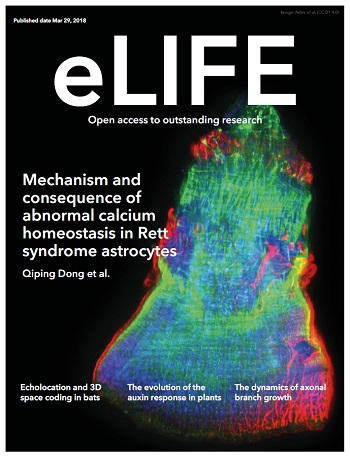Identification of novel myelodysplastic syndromes prognostic subgroups by integration of inflammation, cell-type composition, and immune signatures in the bone marrow
IF 6.4
1区 生物学
Q1 BIOLOGY
引用次数: 0
Abstract
Mutational profiles of myelodysplastic syndromes (MDS) have established that a relatively small number of genetic aberrations, including SF3B1 and SRSF2 spliceosome mutations, lead to specific phenotypes and prognostic subgrouping. We performed a multi-omics factor analysis (MOFA) on two published MDS cohorts of bone marrow mononuclear cells (BMMNCs) and CD34 + cells with three data modalities (clinical, genotype, and transcriptomics). Seven different views, including immune profile, inflammation/aging, retrotransposon (RTE) expression, and cell-type composition, were derived from these modalities to identify the latent factors with significant impact on MDS prognosis. SF3B1 was the only mutation among 13 mutations in the BMMNC cohort, indicating a significant association with high inflammation. This trend was also observed to a lesser extent in the CD34 + cohort. Interestingly, the MOFA factor representing the inflammation shows a good prognosis for MDS patients with high inflammation. In contrast, SRSF2 mutant cases show a granulocyte-monocyte progenitor (GMP) pattern and high levels of senescence, immunosenescence, and malignant myeloid cells, consistent with their poor prognosis. Furthermore, MOFA identified RTE expression as a risk factor for MDS. This work elucidates the efficacy of our integrative approach to assess the MDS risk that goes beyond all the scoring systems described thus far for MDS.通过整合骨髓中的炎症、细胞类型组成和免疫特征识别新型骨髓增生异常综合征预后亚组
骨髓增生异常综合征(MDS)的基因突变特征表明,相对较少的基因畸变(包括 SF3B1 和 SRSF2 剪接体突变)会导致特定的表型和预后亚群。我们利用三种数据模式(临床、基因型和转录组学)对两个已发表的骨髓单核细胞(BMMNCs)和CD34 +细胞的MDS队列进行了多组学因素分析(MOFA)。从这些模式中得出了七种不同的观点,包括免疫概况、炎症/衰老、逆转录转座子(RTE)表达和细胞类型组成,以确定对 MDS 预后有重大影响的潜在因素。在BMMNC队列的13个突变中,SF3B1是唯一的突变,表明它与高炎症性有显著关联。在 CD34 + 群体中也观察到了这种趋势,但程度较轻。有趣的是,代表炎症的 MOFA 因子显示,高炎症的 MDS 患者预后良好。与此相反,SRSF2 突变病例显示出粒细胞-单核细胞祖细胞(GMP)模式和高水平的衰老、免疫衰老和恶性髓系细胞,这与他们的不良预后一致。此外,MOFA 将 RTE 表达确定为 MDS 的风险因素。这项工作阐明了我们评估 MDS 风险的综合方法的有效性,它超越了迄今为止针对 MDS 所描述的所有评分系统。
本文章由计算机程序翻译,如有差异,请以英文原文为准。
求助全文
约1分钟内获得全文
求助全文
来源期刊

eLife
BIOLOGY-
CiteScore
12.90
自引率
3.90%
发文量
3122
审稿时长
17 weeks
期刊介绍:
eLife is a distinguished, not-for-profit, peer-reviewed open access scientific journal that specializes in the fields of biomedical and life sciences. eLife is known for its selective publication process, which includes a variety of article types such as:
Research Articles: Detailed reports of original research findings.
Short Reports: Concise presentations of significant findings that do not warrant a full-length research article.
Tools and Resources: Descriptions of new tools, technologies, or resources that facilitate scientific research.
Research Advances: Brief reports on significant scientific advancements that have immediate implications for the field.
Scientific Correspondence: Short communications that comment on or provide additional information related to published articles.
Review Articles: Comprehensive overviews of a specific topic or field within the life sciences.
文献相关原料
| 公司名称 | 产品信息 | 采购帮参考价格 |
|---|
 求助内容:
求助内容: 应助结果提醒方式:
应助结果提醒方式:


